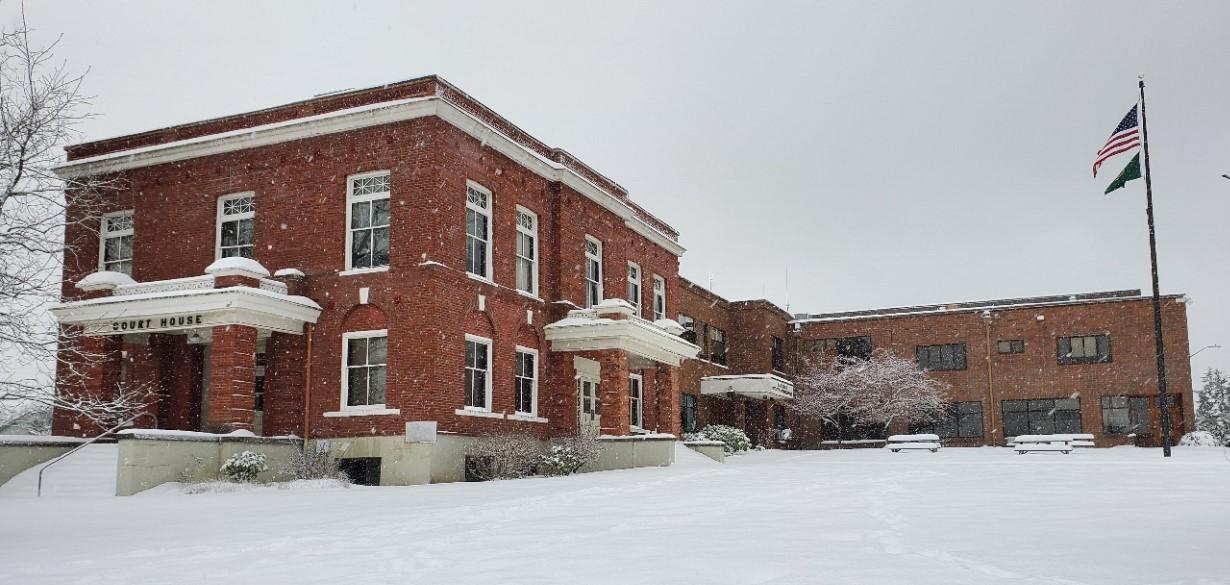
Superior Courts, the highlest level trial court in Washington, have exclusive jurisdiction over family law proceedings, cases about title to real estate, felony criminal offenses, and civil cases involving $100,000 or more. The most common cases heard in Superior Court are felony criminal charges and family law matters. Family law cases include divorces, parentage, complex custody disputes, non-parental custody actions, and child support enforcement actions brought by the State. Local court rules require alternative dispute resolution in family law cases, and many cases are resolved prior to trial, with the court deciding preliminary issues along the way. The Superior Courts also considers cases appealed from the District Court.
Superior Court judges are elected to four-year terms. Vacancies between elections are filled by appointment of the Governor, and the newly-appointed judge serves until the next general election. Judge Katie Loring was appointed by Governor Jay Inslee in November 2017, to begin January 1, 2018, when Judge Donald Eaton retired.
San Juan County Juvenile Court is a division of Superior Court. Juvenile Court Services supports youth and our community in multiple ways, including assessing, treating and supervising youthful offenders, and making recommendations and providing services to youth in need of services, at risk of harm, and in conflict with families and friends. In doing this, Juvenile Court Services seeks to balance the principles of rehabilitation, punishment, and community safety.
There is a constitutional right to a trial by jury in all criminal matters, and in most civil matters, including personal injury cases and contract disputes, but not family law cases.
Juries are tasked with finding facts and applying the law to the facts they have determined. Judges are required to decide issues of law, including what law should be applied, and ultimately to impose sentence on criminal defendants who are convicted by the jury. In family law cases or other cases where there is no jury, the judge both finds the fact and applies the law to make a decision.
Jurors are randomly selected from voter registration lists, and lists of those who are valid driver’s license or “identicard” holders. In Superior Courts, 12 persons are seated on a jury. Jury selection, or voir dire (which means to speak the truth), consists of questions asked of potential jurors by the judge and attorneys to determine if they have any biases that would prevent them from deciding the facts of the case impartially.
Judges are responsible for sentencing individuals convicted of crimes. In Washington, Superior Court judges make sentencing decisions under a “determinate” sentencing system based on the Sentencing Reform Act. Judges sentence offenders convicted of felony crimes according to a uniform set of guidelines. The guidelines establish a “standard range” for an individual offender’s sentence, based on the seriousness of the crime and the offender’s criminal history of prior convictions. The judge has the discretion to sentence the individual within the standard range set by statute. The purpose of the system is to assure that those sentenced for similar crimes, and who have comparable criminal backgrounds, receive similar treatment.